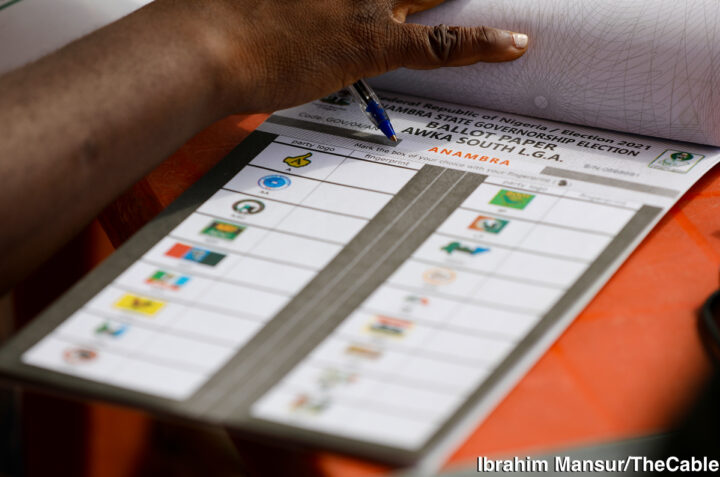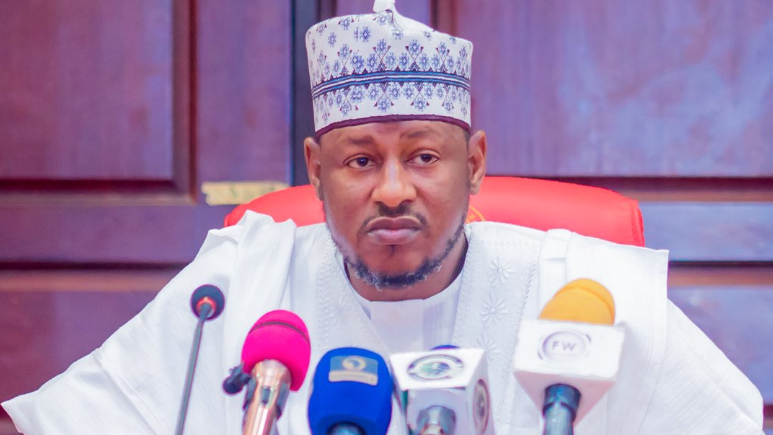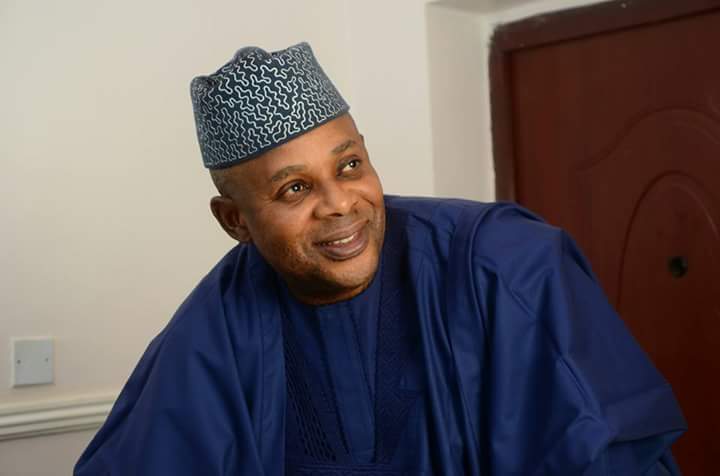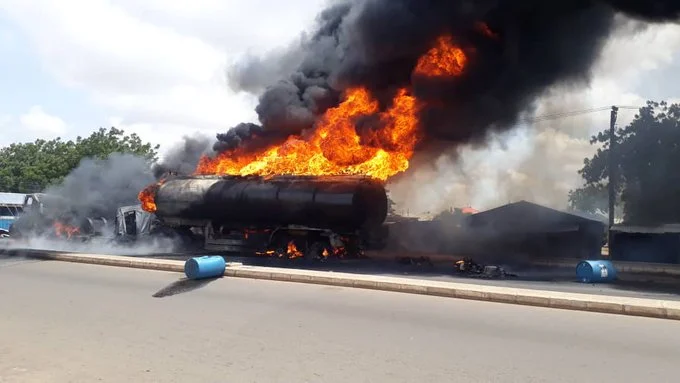BY TONYE BARCANISTA
Nigeria’s democratic experiment, envisioned as a vibrant tapestry woven from diverse political voices, faces a critical threat: the Independent National Electoral Commission’s (INEC) alarming inertia in registering new political parties.
A brief period of openness in 2017, where INEC registered dozens of new parties, has been abruptly reversed. The post-2019 general election witnessed a drastic reduction in political space, with 74 parties deregistered, leaving only 18 eligible for the 2023 elections. While the supreme court’s reinstatement of the Youth Party offered a minor reprieve, the overall trend remains deeply concerning.
This stagnation is further highlighted by the unprecedented surge between 2019 and March 2022. A staggering 124 political associations submitted applications for registration in anticipation of the 2023 elections. Inexplicably, INEC failed to process a single application before the crucial electoral period. This inaction, compounded by the additional 78 applications submitted post-2023 election, exposes a systemic failure within INEC and a blatant disregard for the aspirations of countless Nigerians seeking meaningful participation in their democracy.
Advertisement
This stands in complete contrast to the vibrant political landscapes of other democracies. South Africa, with a population of approximately 61 million, boasts over 1,743 registered parties. The United Kingdom, with a population of 68 million, hosts 393 registered parties. Even Ghana, with a population of 34 million, has 29 registered parties. These figures underscore the restrictive nature of Nigeria’s political landscape, especially considering its population exceeding 250 million. Further limiting voter choice and participation is the absence of independent candidacy in Nigeria. Citizens are denied the opportunity to directly support individuals who may not align with existing party platforms.
The consequences of this bureaucratic inertia are far-reaching and profoundly detrimental to the health of Nigerian democracy. A limited party system stifles political innovation, perpetuates the dominance of entrenched interests, and ultimately disenfranchises citizens whose views and aspirations are not adequately represented. This exclusionary environment breeds apathy among the electorate, leading to declining voter turnout and a weakening of public trust in the democratic process.
The prolonged delay in processing applications also encourages the emergence of informal and unregulated political activities operating outside legal and ethical frameworks. This can foster corruption, undermine transparency, and exacerbate political instability. INEC’s inaction not only violates fundamental rights but also undermines the very foundation of a robust and representative democracy.
Advertisement
Rectifying this situation requires a multi-pronged approach. A thorough review of INEC’s internal procedures is necessary to eliminate unnecessary bureaucratic hurdles and ensure transparency and accountability throughout the process. Proactive engagement with political associations is crucial to understanding their challenges and addressing their concerns effectively.
Additionally, a critical review of the legal framework governing party registration is essential to ensure it aligns with the principles of inclusivity, fairness, and the fundamental right to political association enshrined in the Nigerian Constitution.
Furthermore, adopting best practices from other democracies, such as streamlined online registration processes and clear, accessible guidelines, can significantly improve efficiency. Investing in capacity-building programs for INEC staff to enhance their understanding of democratic principles and best practices in party registration is also crucial.
The continued delay in registering new political parties is not merely an administrative oversight; it constitutes a grave threat to the very essence of Nigerian democracy. A vibrant democracy necessitates a dynamic political landscape where new ideas, perspectives, and voices can emerge to challenge the status quo and hold those in power accountable. INEC, as the guardian of electoral integrity, has a solemn duty to uphold this fundamental principle.
Advertisement
Failure to do so will inevitably lead to a further erosion of democratic values and a deepening of the trust deficit between the government and the people. The time for decisive action is now before the promise of Nigerian democracy is irrevocably diminished.
Tonye Barcanista can be reached at [email protected]
Views expressed by contributors are strictly personal and not of TheCable.
Add a comment










